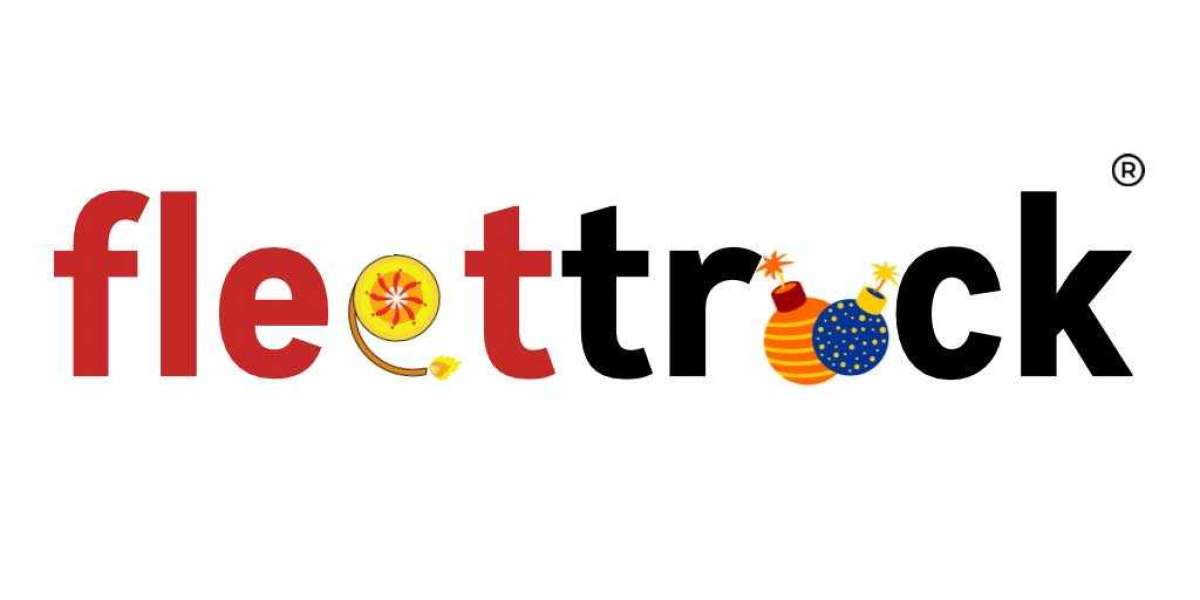As the world continues to grapple with the challenges of climate change, the importance of sustainable energy solutions cannot be overstated. Solar energy, in particular, has emerged as a key player in the quest for clean and renewable energy sources. In this article, we will explore how non-business entities can contribute to improving solar energy efficiency.
The Importance of Sustainable Solutions
Sustainable energy solutions are crucial in reducing our reliance on fossil fuels and mitigating the impact of climate change. Solar energy, in particular, offers a clean and abundant source of power that can be harnessed with minimal environmental impact. By improving solar energy efficiency, non-business entities can play a significant role in advancing the transition to sustainable energy.
Understanding Solar Energy Efficiency
Solar energy efficiency refers to the amount of sunlight that is converted into usable energy. It is influenced by various factors, including the quality of solar panels, the angle of installation, and the presence of any obstructions that may block sunlight. By optimizing these factors, non-business entities can maximize the output of their solar energy systems.
Implementing Sustainable Solutions
There are several ways that non-business entities can improve solar energy efficiency. One approach is to invest in high-quality solar panels that are designed to maximize energy conversion. Additionally, regular maintenance and cleaning of solar panels can ensure that they operate at peak efficiency. Furthermore, the strategic placement of solar panels to optimize sunlight exposure can significantly enhance energy output.
Maximizing the Benefits of Solar Energy
By improving solar energy efficiency, non-business entities can reap a host of benefits. Not only does it reduce the environmental impact of energy consumption, but it also leads to cost savings in the long run. Furthermore, surplus energy generated from efficient solar systems can be fed back into the grid, contributing to the overall availability of clean energy.
In conclusion, sustainable solutions play a critical role in advancing solar energy efficiency. By investing in high-quality equipment, optimizing installation, and maximizing energy output, non-business entities can make a meaningful contribution to the transition to clean and renewable energy sources. As the demand for sustainable energy continues to grow, the efforts of non-business entities in improving solar energy efficiency will be instrumental in shaping a more sustainable future for generations to come.








